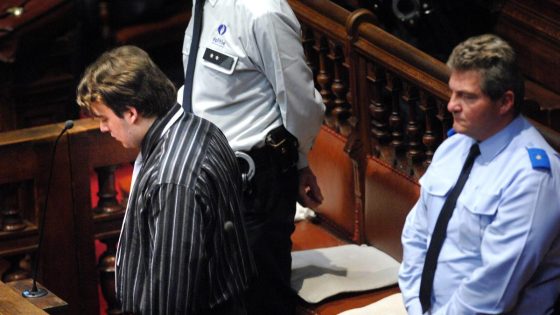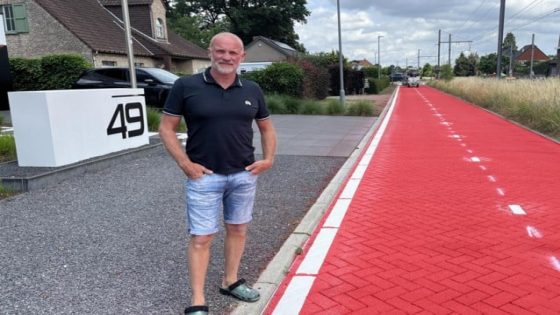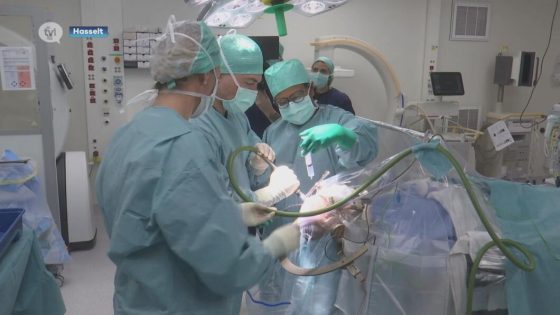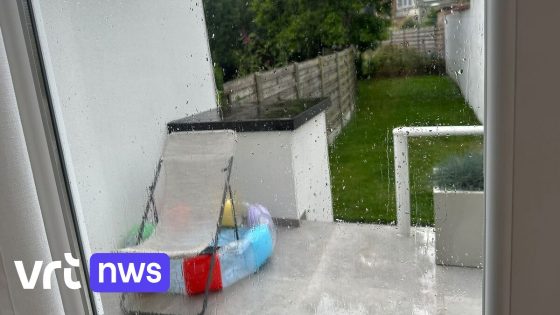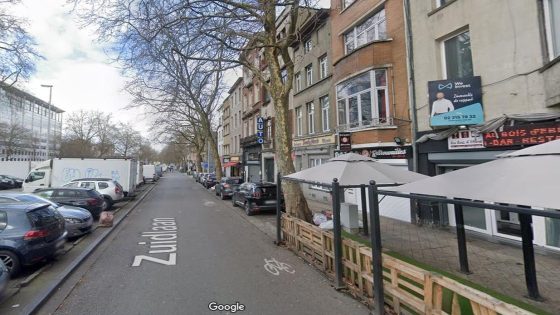The case of Hans Van Themsche remains a significant topic in Belgium, especially as new developments unfold. On 2025-06-16 20:00:00, it was confirmed that Van Themsche, convicted for a racially motivated shooting in Antwerp in 2006, will be conditionally released under strict supervision. This decision marks a crucial moment in the ongoing management of high-risk offenders within Belgian society.
- Van Themsche schoot drie personen neer
- Motief voor moorden was racisme
- Van Themsche toont bereidheid tot behandeling
- Voorwaardelijke invrijheidstelling goedgekeurd per 23 juni
- Strikte voorwaarden gelden tijdens invrijheidstelling
- Intensieve residentiële behandeling volgt vrijlating
Van Themsche’s attack left two victims dead and one seriously injured, shaking the nation with its brutal racist motive. After nearly two decades in prison, questions arise: How has Van Themsche changed? And what safeguards are in place to protect the community?
Understanding these developments is key to grasping the balance between justice, rehabilitation, and public safety in Belgium today.
What does Van Themsche’s conditional release mean for Belgium’s justice system? It highlights a complex challenge: can someone with a violent, racist past truly reform? Experts note his psychological progress and renouncement of extremist views, yet the conditions imposed reflect ongoing risks. Key points include:
- Van Themsche’s diagnosis includes narcissistic personality traits and Asperger’s syndrome, requiring intensive treatment.
- The court found him motivated to follow treatment and abandon radical beliefs.
- Strict conditions ban him from Antwerp province, social media, and contact with victims.
- He must undergo indefinite residential treatment and actively participate in resocialisation.
As Van Themsche begins his conditional release, will Belgium’s system succeed in preventing recidivism and fostering genuine change? The coming months will be crucial in assessing how well strict supervision and psychological care can protect society and support reintegration.



